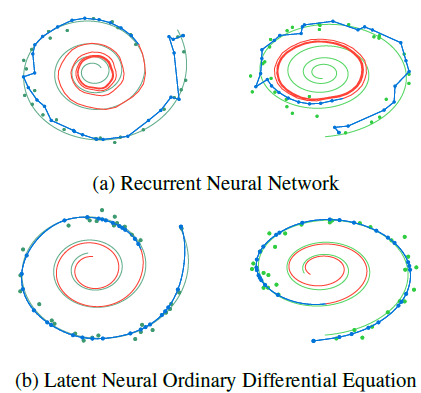About
scikit-learn is a python module for machine learning built on top of numpy / scipy.
The purpose of the scikit-learn-tutorial subproject is to learn how to apply machine learning to practical situations using the algorithms implemented in the scikit-learn library.
The target audience is experienced Python developers familiar with numpy and scipy.
Downloading the PDF
Prebuilt versions of this tutorial are available from the GitHub download page.
While following the exercices you might find helpful to use the official scikit-learn user guide (PDF) as a more comprehensive reference:
If you need a numpy refresher please first have a look at the Scientific Python lecture notes (PDF), esp. chapter 4.
Online HTML version
The prebuilt HTML version is at:
http://scikit-learn.github.com/scikit-learn-tutorial
Source code of the tutorial and exercises
The project is hosted on GitHub at https://github.com/scikit-learn/scikit-learn-tutorial
Building the tutorial
You can build the HTML and PDF (requires pdflatex) versions of this tutorial by installing sphinx (1.0.0+):
$ sudo pip install -U sphinx
Then for the html variant:
$ cd tutorial $ make html
The results is available in the _build/html/ subdolder. Point your browser to the index.html file for table of content.
To build the PDF variant:
$ make latex $ cd _build/latex $ pdflatex scikit_learn_tutorial.tex
You should get a file named scikit_learn_tutorial.pdf as output.
Testing
The example snippets in the rST source files can be tested with nose:
$ nosetests -s --with-doctest --doctest-tests --doctest-extension=rst
Contact the developers
If you have questions about this tutorial you can ask them on the scikit-learn mailing list on sourceforge: https://lists.sourceforge.net/lists/listinfo/scikit-learn-general
Some developers tend to hang around the channel #scikit-learn at irc.freenode.net, especially during the week preparing a new release. If nobody is available to answer your questions there don't hesitate to ask it on the mailing list to reach a wider audience.
License
This tutorial is distributed under the Creative Commons Attribution 3.0 license. The Python example code and solutions to exercises are distributed under the same license as the scikit-learn project (Simplified BSD).




